Bushfires: Coalition sweats on climate change hot seats
Coalition figures have discussed how to bolster the government’s environmental credentials amid a rise of pro-climate change voters.
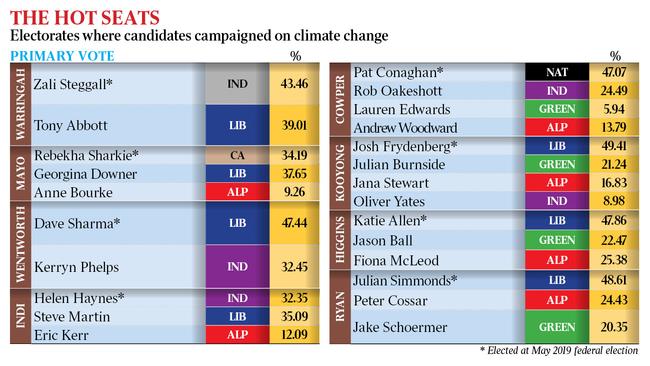
Senior Coalition figures have been discussing how to bolster the government’s environmental credentials to address a growing tide of voters in blue-ribbon Liberal seats who want stronger action on climate change.
The shift emerged in the May 2019 election and the bushfire crisis, even if not directly related to Australia’s own carbon emissions, will make that conversation more urgent. As one government MP told The Australian: “We have to change the perception that the Liberal Party doesn’t believe in climate change.”
Another senior Liberal conceded that while the activist group GetUp largely failed to win in the seats that it targeted in 2019, a pro-climate-action movement had an impact and was a force that would need to be accommodated, particularly in key metropolitan seats.
Before the election, Liberals in the party’s heartland in inner Melbourne feared a backlash driven by climate activism.
The tide was stopped in large part because of Labor’s unpopular policies such as its franking credits plan, which ultimately swung more votes. The most high-profile casualty in the 2019 election was in Warringah on Sydney’s northern beaches, where former prime minister Tony Abbott was defeated by independent Zali Steggall, who campaigned on a pro-climate-action platform.

Despite significant campaign spending by the Liberals, Ms Steggall gained 43.46 per cent of the two-party-preferred vote compared with Mr Abbott’s 39.01 per cent, which gave her a comfortable victory after preferences.
In the western Sydney seat of Lindsay, reclaimed by the Liberals last year with a 6.15 per cent swing, the issue is biting anecdotally after Penrith recently endured temperatures approaching 50C.
Raben Turner, 20, with young son, Yoshi, from Penrith, expressed concern about the drought. “We moved here because we thought it would be different but the temperatures just keep getting hotter every year and it’s obvious it’s because of climate change,” she said.
“The government is doing absolutely nothing; if anything they’re just making it worse.’’
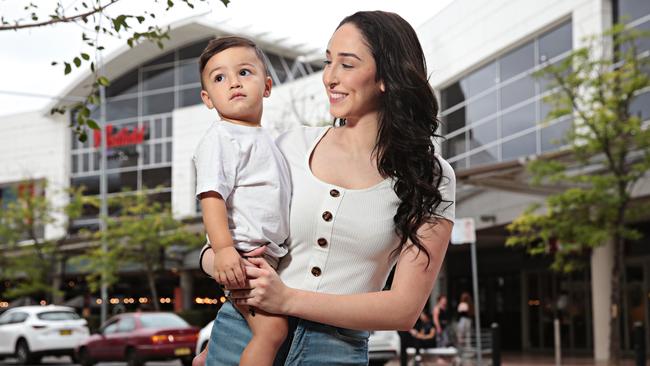
Daniel Ryan, a teacher from Glenmore Park, with his two young children, Dylan and Jake, said rising temperatures had been getting worse every year.
“I’m not sure the government is doing enough at this point. I think the government needs to accept that we have more responsibility towards the future and worry less about the economic outcomes,” Mr Ryan said.
The seats of Mayo in South Australia, once home to the Downer political dynasty, and Indi in Victoria are also held by pro-climate-action independents, even though other factors were significant reasons for why the Liberal Party lost the seats.
At the last election, the Central Alliance’s Rebekha Sharkie defeated Georgina Downer, the daughter of former foreign minister and Liberal leader Alexander Downer. In the rural seat of Indi, Helen Haynes managed to keep the seat in independent hands after the retirement of Cathy McGowan.
Both are strong campaigners for more strident Australian action on climate change.
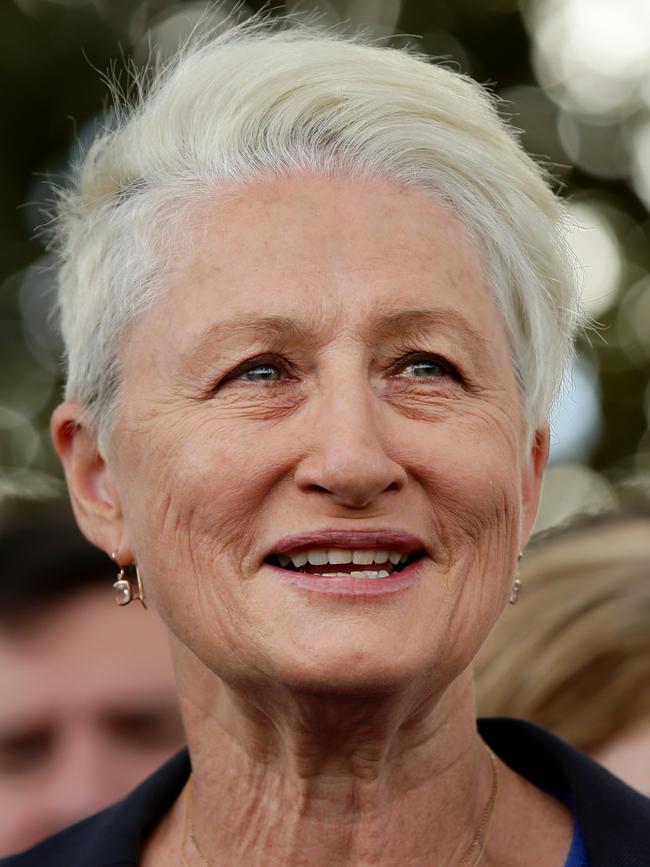
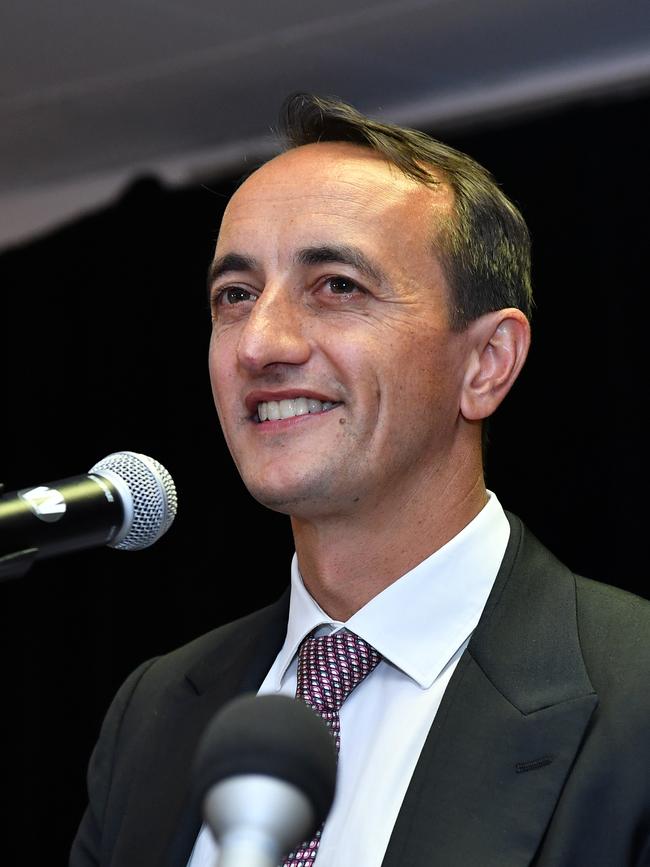
Wentworth in Sydney’s east also recorded a strong vote for pro-climate-action candidate Kerryn Phelps, who had won the seat in a by-election in 2018 after Malcolm Turnbull resigned from parliament. Liberal Dave Sharma, having lost in the by-election, beat Dr Phelps in the general election, polling 47.44 per cent of the primary vote to her 32.45 per cent.
In the NSW north coast seat of Cowper, the Nationals’ Pat Conaghan polled 47.07 per cent of the primary vote to defeat pro-climate-action independent Rob Oakeshott.
Despite holding the line relatively comfortably last year, Liberals will be watching environmental candidates in Kooyong and Higgins in future elections.
Josh Frydenberg was forced to preferences after polling 49.41 per cent of the vote after defeating a concerted campaign by the Greens’ Julian Burnside (21.24 per cent) and independent and renewable energy advocate Oliver Yates (8.98 per cent)
In Higgins, Katie Allen polled 47.86 per cent of the vote in what has become a Liberal-Greens contest. The Greens’ candidate, Jason Ball, polled 22.47 per cent.
In Brisbane’s leafy western suburbs, blue-ribbon Ryan has also become a seat with a strong environmental vote.
The Liberals’ Julian Simmonds received 48.61 per cent of the vote, beating Labor’s Peter Cossar on 24.43 per cent and the Greens’ Jake Schoermer on 20.35 per cent.
Additional reporting: Imogen Reid

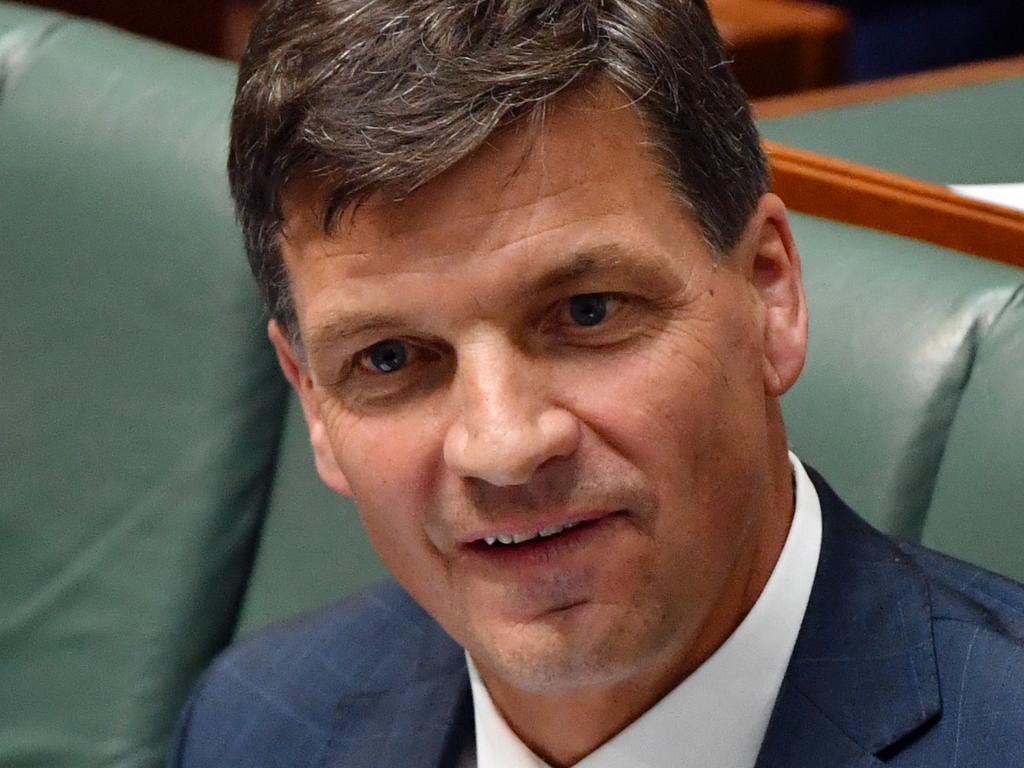





To join the conversation, please log in. Don't have an account? Register
Join the conversation, you are commenting as Logout